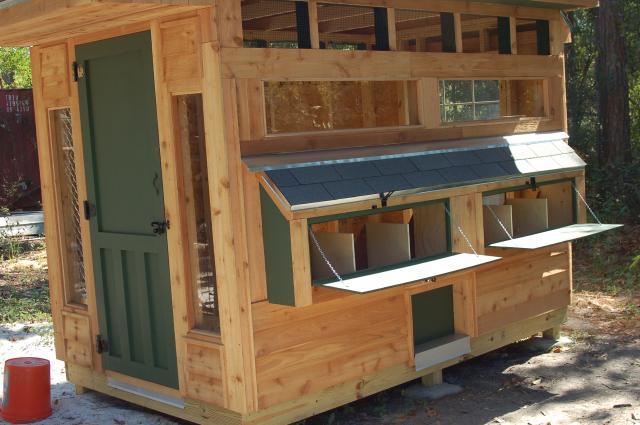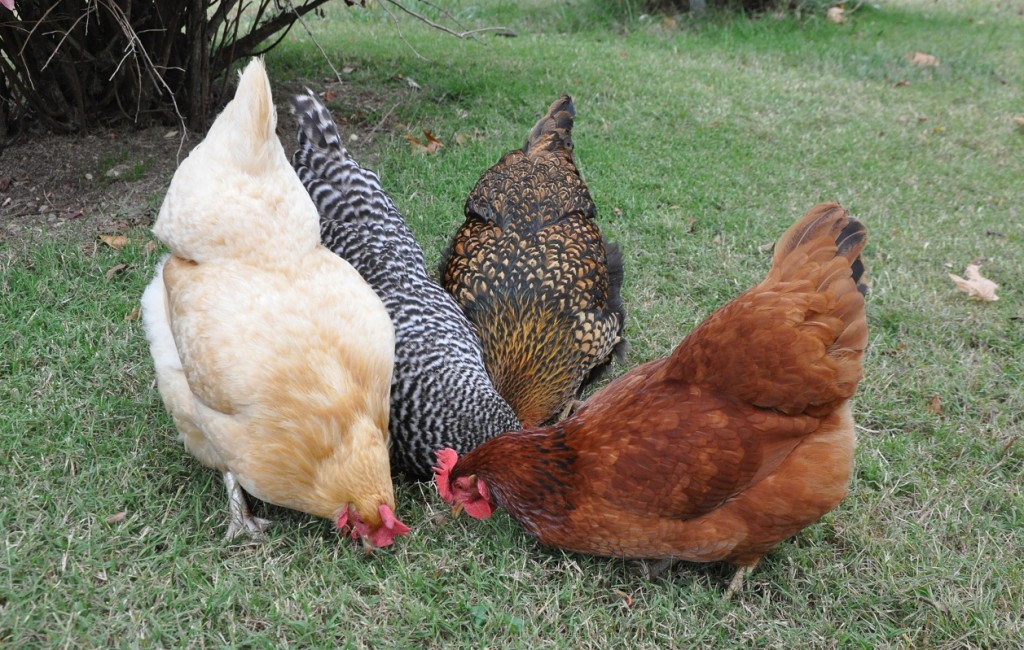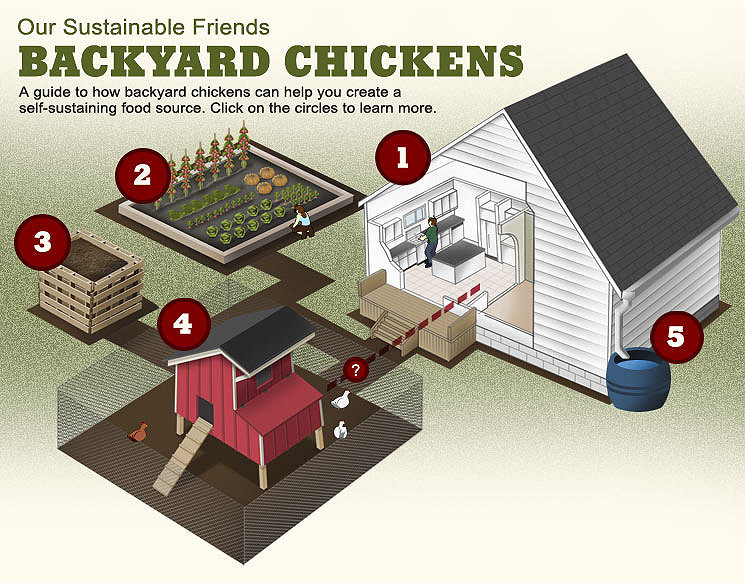20 Books You NEED to Read This Spring
By: Kelley Amstutz
05/12/2016

I am a BOOK LOVER.
It's not a secret. I just found a gift card for Barnes and Nobles...no idea WHEN I received this GC, but I went to load it to my account and lone behold...I still had some $$ left...like just waiting there for me...seriously (I said to myself) WHAT!!! So, this called for SHOPPING (duh!) and that lead to books...books...and more books. I love real deal, hard bound books, but with this FREE MONEY...I got a variety (say what?) and now I have books stacked on my nook app....like there weren't before my free money shopping spree, right! And there are now books stacked (like STACKED) on my nightstand, which has lead to HUBBY asking me when I am finding the TIME to read all these GEMS. This leads to the depression part of LIFE....NOT ENOUGH TIME TO READ... (WAH)
Oh well... I can't stop the #obsession. The struggle... oh yea...ITS REAL!!!
So, of course, I had to put together my LIST of MUST READS...twenty six (26) - yes I said it...of these BOOKS that you MUST...absolutely NEED to read....N O W !!!
What are you waiting for?
Ready...
SET....
G O ...

A House for Happy Mothers: A Novel, by Amulya Malladi
Two women. Two continents. One goal: to save their families. A House for Happy Mothers tells the touching story of Priya and Asha, two very different women brought together through India's rising surrogacy industry. While Silicon Valley resident Priya has everything she can imagine, she is unable to have children, leaving her to turn to someone who can. Across the world in a small southern Indian village lives wife and mother Asha, who checks herself into the Happy Mothers House, a baby farm where she is housed while carrying a child for a couple oversees. Together, the two women restore faith in each others lives by bringing a new life into the world.
Why I'm looking forward to it: It's a feel good story that warms the heart and makes you proud to be a woman.
The House of Bradbury, by Nicole Meier
Mia's life is not going quite as she'd hoped: her debut novel is being panned by the critics, her relationship with her Hollywood producer fiancé Carson has just gone down the drain, and she's now living in the carriage house of her judgmental sister. However, when Mia learns that the legendary writer Ray Bradbury's house has been put up for sale in Los Angeles, she feels compelled to buy it, convinced it will give her inspiration again. And it just might, but not in the way that she anticipated.
Why I'm looking forward to it: Who hasn't wanted to live in a famous author's house and felt lost after a major life change?
A Criminal Magic, by Lee Kelly
In an alternate Washington D.C. during the 1920s, magic is real and it has just been outlawed. The prohibition leads to a dangerous and booming magical underworld, one that young sorcerer Joan Kendrick becomes a part of when she accepts a job offer from the Shaw Gang, D.C.'s number one crime syndicate. When she meets fellow sorcerer and undercover prohibition trainee, sparks begin to fly, and not just in the figurative sense.
Why I'm looking forward to it: It reignites our inner Harry Potter obsessions with magic and mystery while providing a dangerous, romantic twist!
All the Single Ladies: Unmarried Women and the Rise of an Independent Nation, by Rebecca Traister
Journalist Rebecca Traister provides a historical and cultural account of unmarried women in America who have helped to shape the nation. Extensive research covering class, race, sexual orientation, and more, presents compelling anecdotes about the single American woman—old and new—and how sometimes being a lady and on your own can bring about massive social change.
Why I'm looking forward to it: It's basically a well-informed book version of the message in the Beyoncé video and we are here for that!
The Full Catastrophe, by Karen Elizabeth Lee
Lee's memoir chronicles her recovery and salvation after her husband Duncan (whom she planned to divorce after 14 years of emotional abuse) dies of cancer. Left to face her own demons without Duncan's ranting to keep her company, Lee turns to Jungian psychology in order to make sense of her life. What she finds are the strength and tools that may help her finally resurrect it.
Why I'm looking forward to it: This feels like the perfect mix of a psychological study paired with inspirational self-help.
The Ex: A Novel, by Alafair Burke
Jack Harris' life was shattered after the sudden death of his wife Molly. Three years later, after putting the pieces back together, he meets a beautiful stranger who shatters his world once again—only this time he is being framed for a triple homicide. Olivia Randall, Jack's former fiancé, happens to be one of New York City's elite criminal defense lawyers, and comes to Jack's rescue after hearing about his arrest. But the man she once thought she knew may not be as innocent as she thinks. Alafair Burke's complex characters and mysterious plot line in The Ex will keep you at the edge of your seat and wanting to know more after each page.
Why I'm looking forward to it: If you're a fan of Gone Girl, you'll love The Ex. It's got a little love, a little scandal and a little mystery. The perfect read for a night in.
Glass Shatters, by Michelle Meyers
Charles Lang wakes up in a house he does not recognize, without any memory of who he is or where he came. As he explores the mysterious, abandoned home he begins to discover bits and pieces about his life such as his status as a brilliant scientist and his wife and daughter, both of whom went missing years ago. Haunted by memories that may or may not be his, Charles soon realizes that his only hope of finding his family is to go deeper into the recovery of his jagged past.
Why I'm looking forward to it: A mystery, an unpredictable narrator, and a strange setting all add up to create the perfect formula for a suspenseful thrill ride.
The Hole in the Middle, by Kate Hilton
Outwitting co-workers, hosting dinner parties with double-digit guest-lists, and sticking to her guns in PTA President persuasions – all in a days work for Sophie Whelan. What can't this woman do? With Sophie's 40th birthday dangerously approaching, she can't help but feel that her existence is bursting at the seams. Nonetheless, a opportunity from her past resurfaces, forcing Sophie to choose if her life's current chaos is a blessing in disguise, or the biggest mistake she's ever made.
Why I'm looking forward to it: It's heartfelt, hilarious, and it's an international best-selling debut! Count us in.
Hunger: A Memoir of (My) Body, by Roxane Gay
Author of Bad Feminist, Roxane Gay leaves us feeling full with her latest memoir Hunger, her story of weight, self-image, food, and the balance between feeding yourself emotionally, physically, and psychologically. Gay tells her story of how she turned to food to hide from life's burdens, and ultimately became a different person. She writes from an honest place that makes it easy for any woman to relate to her struggles.
Why I'm looking forward to it: We love books that display vulnerability as a strength and not a weakness, and Gay's memoir is a great example to learn from.
Innocents and Others, by Dana Spiotta
Among the smog of 1980s Los Angeles, best friends Carrie and Meadow are both successful filmmakers, having grown up in the city of angels all their lives. But the common interest tends to end there, as the two disagree on everything else from life and love to the films that they create. Told in a masterfully non-linear format that intersperses chapters with documents such as interviews and film theory paragraphs, Spiotta paints a painfully real picture of two women trying to come to terms with themselves and each other.
Why I'm looking forward to it: It speaks to our nostalgia for L.A. in the 1980s while the content and experimental writing promise to make it a new staple in contemporary fiction.
Losing The Light, by Andrea Dunlop
Fleeing to the whimsical town of Nantes, France after a tumultuous affair with one of her professors, young exchange student Brooke cannot predict what is in store for her time abroad. After developing an intricate relationship with fellow American Sophie, the two are eventually swept up by French students Veronique and Alex into a whirlwind of money, art, and a love triangle that may mean more than just the end of their friendship.
Why I'm looking forward to it: It has art, scandal, and hot French men set against a destination backdrop. Yes, please.
The Way I Used to Be, by Amber Smith
Eden had always considered herself a good girl, and starting high school didn't change her perceptions of that. However, after experiencing a sexual assault from one of her brother's friends, Eden begins to question everything she ever knew and buries these feelings within herself. Told in four parts for each year of high school, the novel reveals the deep cuts of trauma and the strength within Eden to survive and recover.
Why I'm looking forward to it: It has the potential to act as a voice and outlet for the many young women who experience sexual assault each year.
Somewhere Out There, by Amy Hatvany
Beloved author Amy Hatvany returns with a new novel about two sisters who grow up in completely different circumstances. Separated after their young mother abandons them, Natalie and Brooke must deal with the pain and lingering unanswered questions. Hatvany explores how our childhood has almost everything to do with how we turn out as adults.
Why I'm looking forward to it: Amy deals with topics a lot of us are too afraid to discuss. This will definitely get the conversations going!
The Girl from Everywhere, by Heidi Heilig
If you're an adult who enjoys a good Y.A. novel, we have the perfect pick for you! Pack your bag, grab a map and get ready to time travel in Heidi Heilig's debut fantasy novel, The Girl From Everywhere. Join Nix as she boards her fathers ship, The Temptation, that can take her anywhere, at anytime, as long as she has a map. But things take a wrong turn when her father discovers a map that leads him to a crossroads between choosing his daughters existence or his deceased wife's.
Why I'm looking forward to it: It takes us to Hawaii, New York and Scandanavia. Can you say dream vacay?
The Goodbye Year, by Kaira Rouda
Will, Melanie and Sarah are all parents in three separate families grappling with the same issue: their children are graduating high school and soon will be off to college, leaving them with empty houses and no buffer to distract them from their domestic and personal problems. Told from the perspectives of both the parents and the kids, the novel covers how the uncertainty involved with children leaving home for the first time affects family as a whole.
Why I'm looking forward to it: The family dramas and dynamics are things that we can all relate to while experiencing them in new ways through the characters.
The Nest, by Cynthia D'Aprix Sweeney
Every family has its problems, and the members of the dysfunctional Plumb family are no strangers to that. However, unlike most families the Plumbs have a hefty, joint trust fund waiting for all of them that they are counting on to eliminate all of their woes. But when problem child Leo gets into trouble that threatens to drain the account, things start to get a little dicey.
Why I'm looking forward to it: It begs the age-old question: what would you do if your sibling was about to screw you out of millions of dollars?
The Past, by Tessa Hadley
Four siblings and their children reunite one summer at their old family country house in order to reconnect. They know that these three weeks may be the last time that they spend there, since they may be forced to sell. But their attempts to rekindle the family love are marred by uncovered secrets, passions and hostilities.
Why I'm looking forward to it: Tessa Hadley has been in the literary fiction game for quite some time now and has never disappointed.
The Ramblers, by Aiden Donnelly Rowley
Three lost souls navigate through heartbreak and confusion in contemporary New York City, each with their own story. Cilo Marsh is on the cusp of her first real relationship but is haunted by her past, Smith Anderson struggles despite her family's wealth, and Tate Pennington has returned to the city to make his artistic dreams come true. During the course of one Thanksgiving week, decisions must be made and pasts must be reconciled.
Why I'm looking forward to it: Who can't relate to a stressful Thanksgiving holiday with friends and family?
This is Where it Ends, by Marieke Nijkamp
Told from the different perspective of four high school students, a seemingly normal day at school quickly turns into a nightmare when a social outcast decides to take revenge by initiating a school shooting. Told over the course of 54 minutes, this novel offers a suspenseful yet heartfelt look at today's youth and society, and the issues that plague both.
Why I'm looking forward to it: With all the craziness that's been happening in this arena lately, it's important to have a Y.A. perspective out there.
What Is Not Yours Is Not Yours, by Helen Oyeyemi
What Is Not Yours Is Not Yours is a series of intertwined stories that revolve around the idea of keys, both literal and metaphorical. These special keys open a heart, a house, and a diary, and lead you into labyrinths to the other side of the story. Oyeyemi's creativity and mystical style keep you hooked and entertained from one story to the next.
Why I'm looking forward to it: It bounds multiple stories and unlocks hidden niches of your imagination that you didn't even know existed.

 I strongly recommend my eBook, The Social Media Manager Kit by Kel (w/ bonus) in order to get you started. It will include templates for emailing potential clients or those you landed a completed job with, it will allow you to focus and challenge you to keep moving forward.
I strongly recommend my eBook, The Social Media Manager Kit by Kel (w/ bonus) in order to get you started. It will include templates for emailing potential clients or those you landed a completed job with, it will allow you to focus and challenge you to keep moving forward. This life, working at home, being financial free and with my family, is something that I used to dream about.
Today...
- I am living it.
- I am loving it.
- I am making it my life!
Need More Help?
Check out my eBook, Make your Dream a Reality in 30 Days or Less! - a jump start guide with templates to get you ready, set and ROCKING this Social Media Manager gig!




































 Love,
Love,









